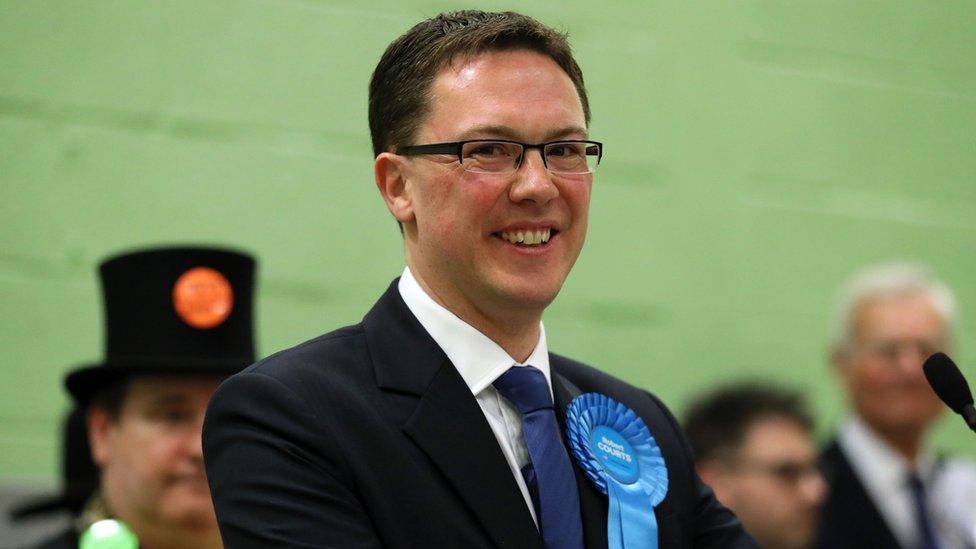Witney by-election: How significant is the result for major parties?
- Published
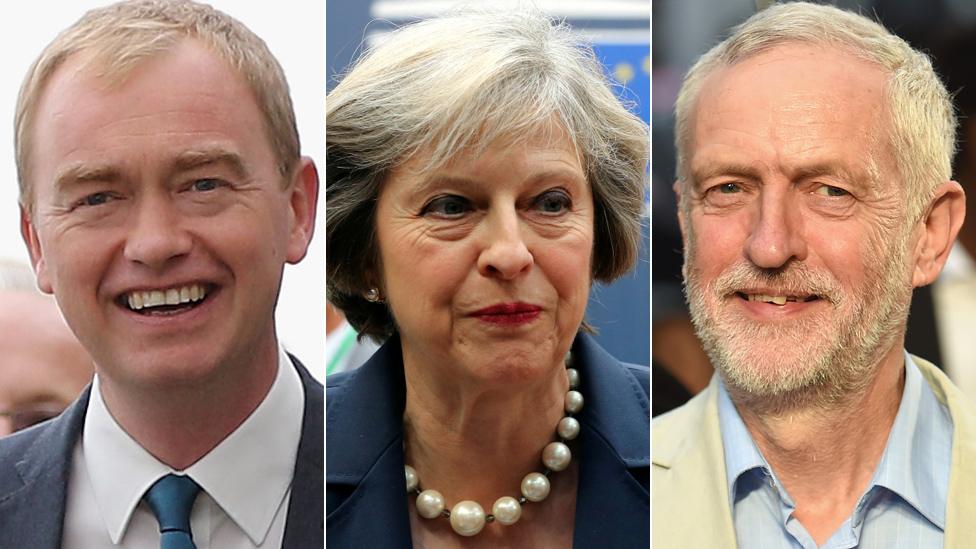
The Conservatives have won the Witney by-election, holding David Cameron's former seat - albeit with a greatly reduced majority.
With the Liberal Democrats making significant gains in the Oxfordshire constituency and Labour relegated to third, what does the result mean for the UK's major parties?

Conservatives
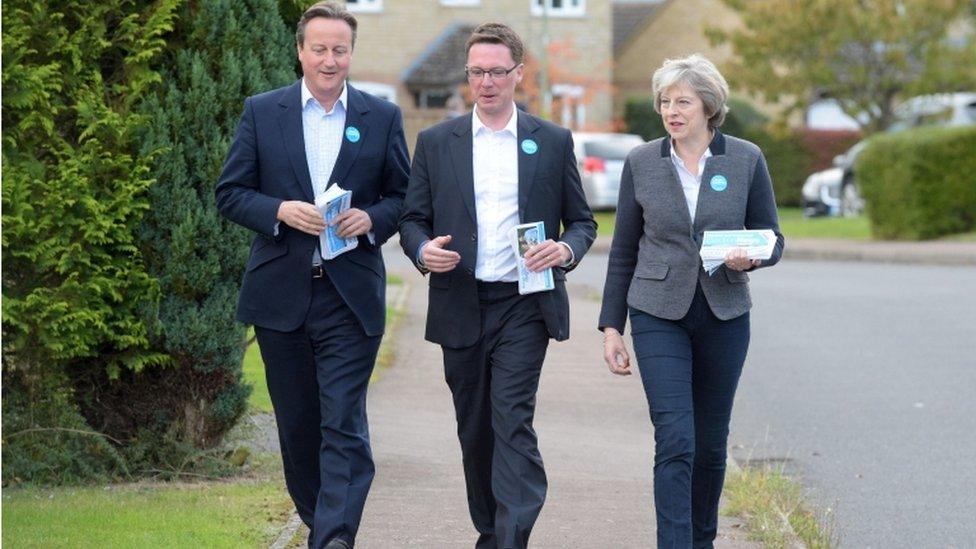
Theresa May's parliamentary majority remains unchanged
The government's slim working majority remains in place as the new MP for Witney, Robert Courts, takes over David Cameron's place on the Conservative benches.
There was never any serious possibility that the Conservatives would lose this seat, which has returned a Tory MP since its creation.
However, the party's share of the vote has fallen dramatically since last year - from 60% to 45% of the vote.
One senior Conservative points out that the vote share echoes the early days of Mr Cameron's time here.
But the outcome of this first electoral test for Prime Minister Theresa May may cause some soul-searching over whether she is doing enough to take the voters with her.

Liberal Democrats
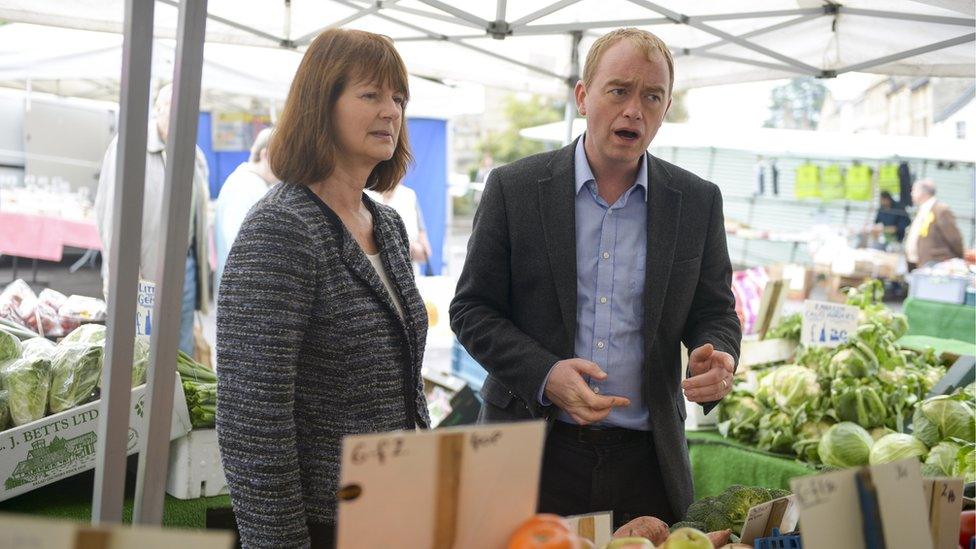
Tim Farron made five visits to Witney
The Liberal Democrats threw not just the kitchen sink at this by-election, but the dishwasher, tumble dryer and the plumbing too.
Party leader Tim Farron made five visits here, his last on polling day.
It appears to have paid off. The party knocked Labour into third place, taking 30% of the vote.
One party aide in Witney said "the Lib Dems are back".
The party claims this is a verdict on the government's approach to Brexit, suggesting it demonstrates voters' desire for Britain to stay in the single market.
Mr Farron will hope the so-called "soft" Tory vote is turning Lib Dem.

Labour
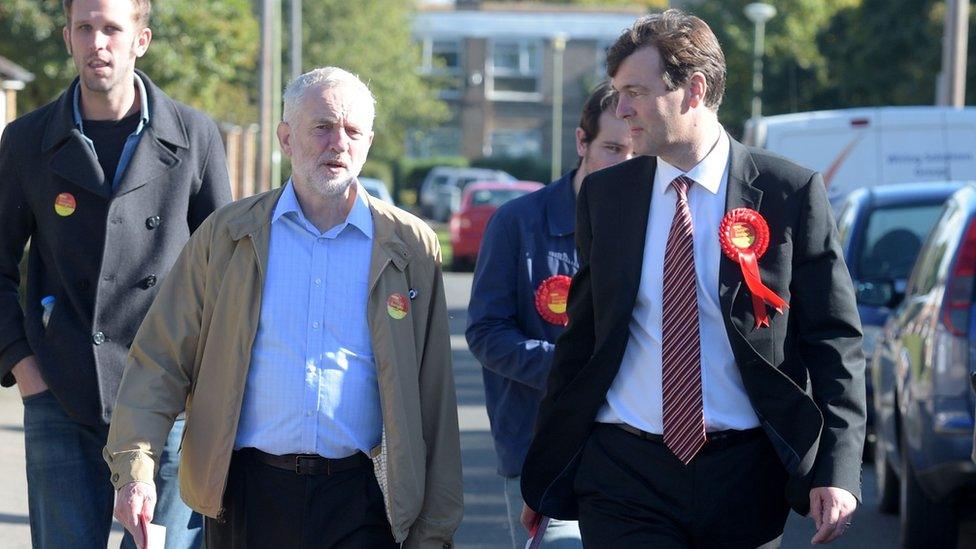
Jeremy Corbyn has told Labour to prepare for a general election
At his party's conference, Jeremy Corbyn put Labour on a general election footing.
The Witney result may not fill many supporters with confidence that they are getting the swing required to form a government.
The party has dropped from second to third place in the constituency, polling 15% of the vote.
The local candidate Duncan Enright points out that Labour's vote share has roughly held up since last year, while the Conservative vote has collapsed, claiming this is a "verdict on Prime Minister May".

UKIP and Greens
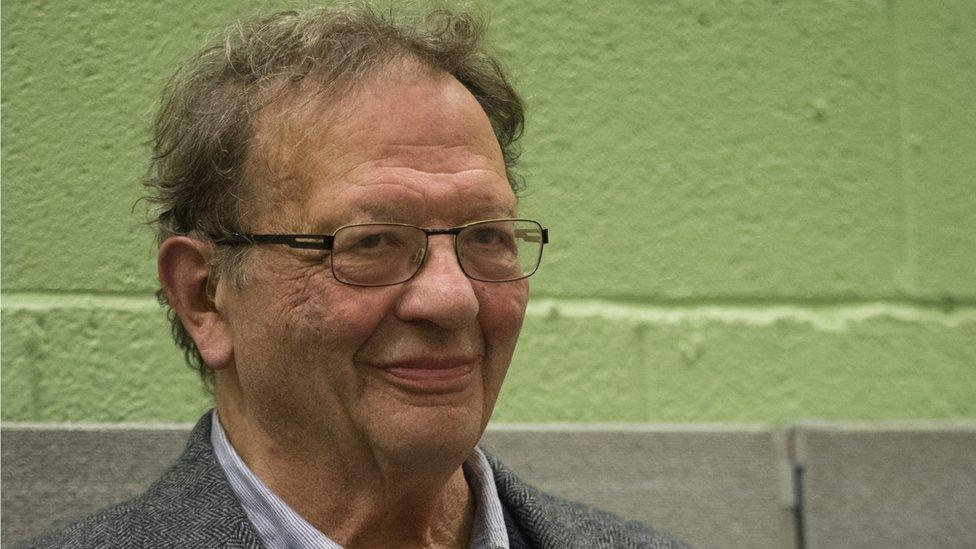
Larry Sanders - brother of former US Democratic presidential contender Bernie - stood for the Greens
Witney was not a traditionally strong area for UKIP, but this is a poor result for them nevertheless.
It follows the recent chaos in the party, which is once again in the throes of a leadership race.
The Greens (3.54% vote share) came fourth, narrowly beating UKIP (3.52%) into fifth place.
The party may have benefited from a little transatlantic political stardust with their candidate Larry Sanders - brother of the former US Democratic presidential contender Bernie.

- Published21 October 2016
